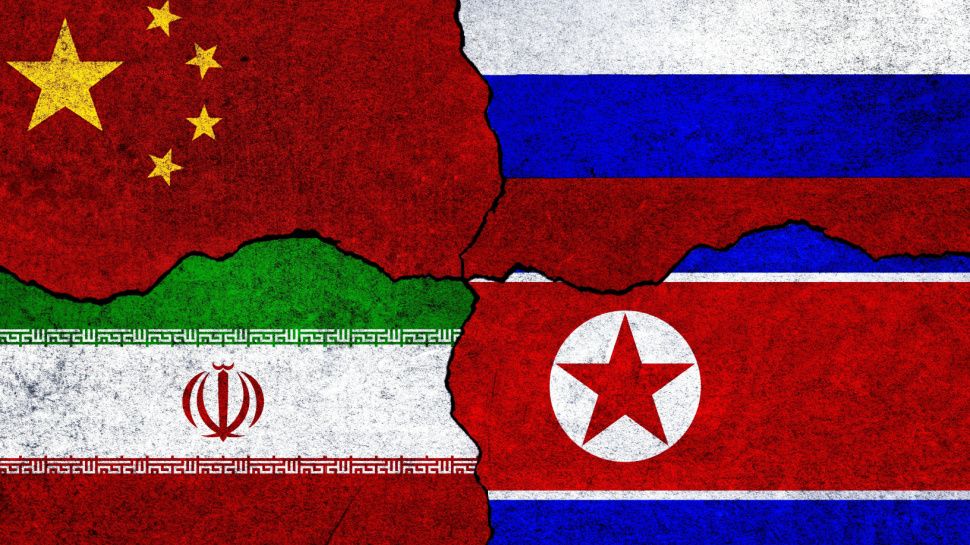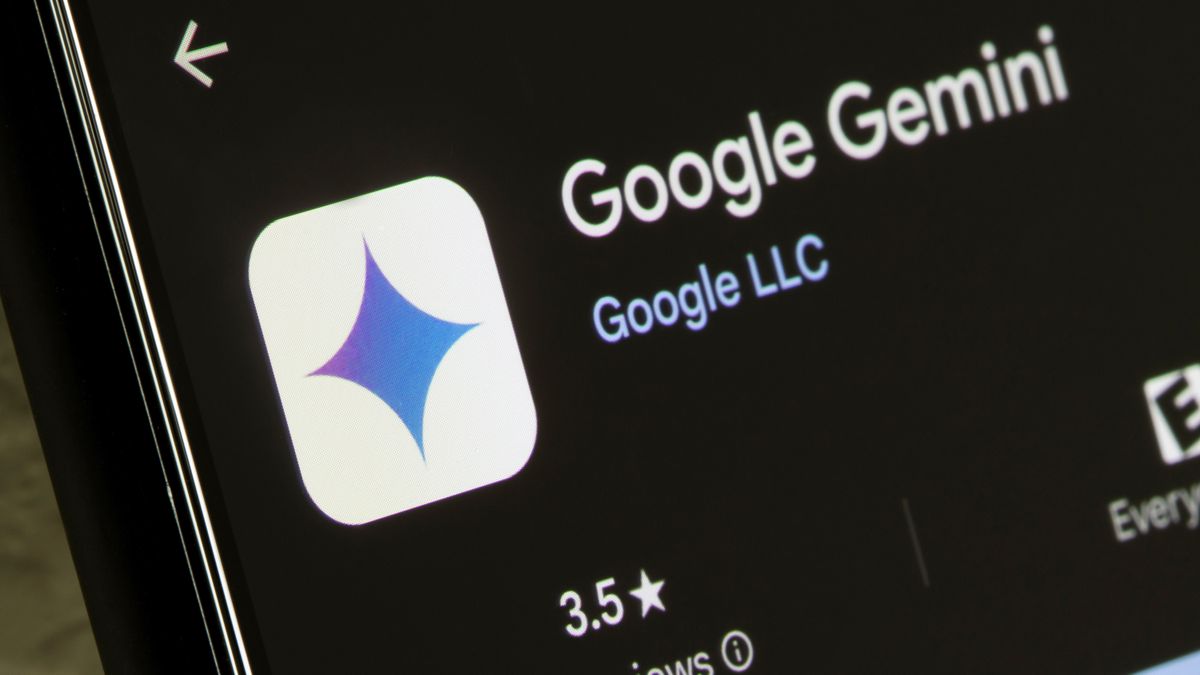As the final sprint in the US presidential election nears, online interference attempts by Russia, Iran and China are holding steady, new research claims.
The latest in a series of Microsoft reports notes how the respective nation states are each maintaining its own areas of focus, with Russia attempting to undermine the Harris-Walz campaign, while China has coordinated its attempts at members of Congress and down-ballot Republican candidates.
Iran has also demonstrated its ability to run concurrent cyber influence campaigns, maintaining its effort to influence the US elections while continuing to launch new activity as the situation in the Middle East escalates.
Increasing use of AI and deepfakes
Russia’s trend towards using AI and deepfake videos continues, with Russian threat actors releasing three new fake videos of the Harris-Walz campaign.
The first being an altered video of Harris supposedly making derogatory comments about her rival, former President Donald Trump. The second, generated by Storm-1516, alleges that Harris carried out illegal poaching in Zambia. A final deepfaked and AI enhanced video has been spotted doing the rounds on X (formerly Twitter) spreading disinformation about Democratic vice president nominee Tim Walz.
As for China, the focus has been on amplifying messages of antisemitism and corruption against down-ballot Republican candidates and members of congress who push for anti-China policies, such as Rep. Barry Moore, Sen. Marsha Blackburn, and Sen. Marco Rubio.
Iran has used escalating tensions in the Middle East to fuel its election interference, including attempting to organize election boycotts and rallies against US support for Israel. The main focus of these efforts being an attempt to further ostracize certain groups, and sow distrust and violence between communities.
Microsoft highlights that manipulated media can spread rapidly in times of heightened emotion, conflict, and competition. Disinformation spread by nation states is often shared widely between audiences on social media and taken as truth before being verified or debunked.
“History has shown foreign actors’ ability to rapidly distribute deceptive content can significantly impact public perception and electoral outcomes,” noted Clint Watts – General Manager, Microsoft Threat Analysis Center.
“With a particular focus on the 48 hours before and after Election Day, voters, government institutions, candidates, and parties must remain vigilant against deceptive and suspicious activity online. Early detection and fact-checking remain essential to countering these efforts and maintaining election integrity.”





